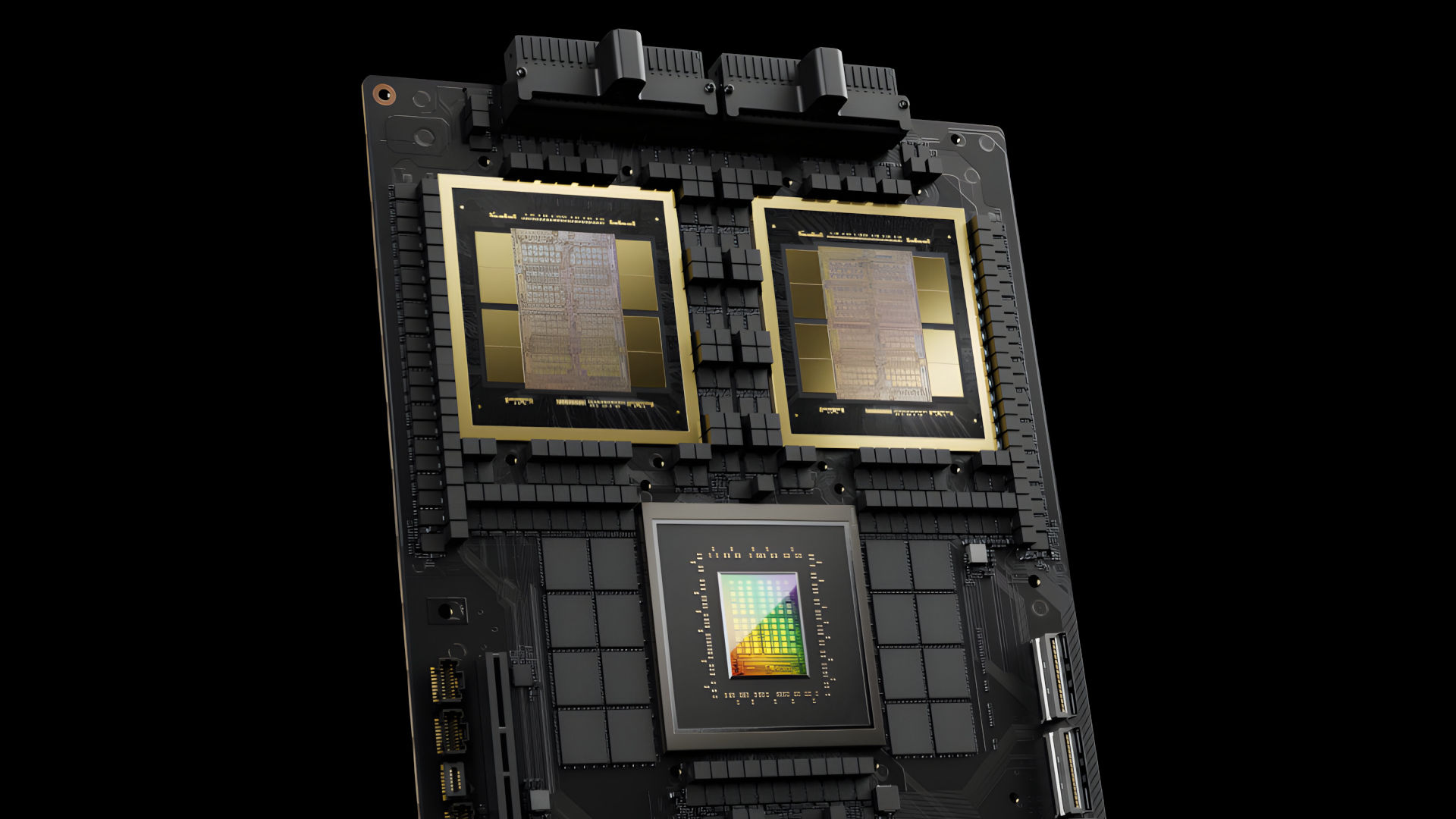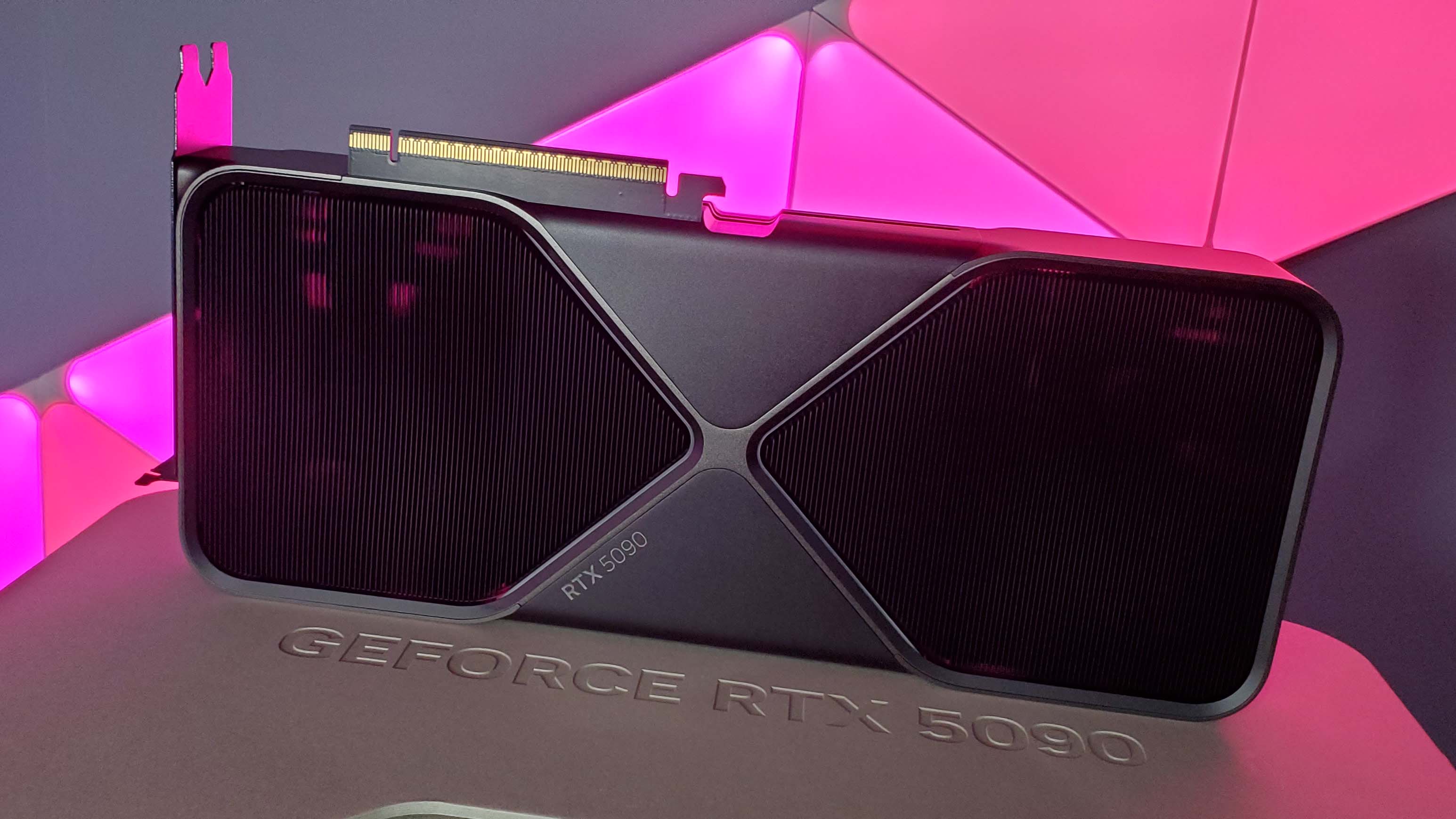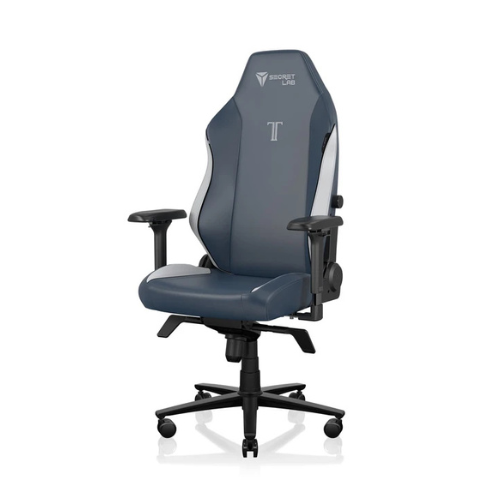When will the AI bubble burst? As OpenAI signs yet another megabucks deal with Broadcom, can anyone make sense of the trillions of dollars involved?
A hundred billion here, a hundred billion there, pretty soon you're talking about real money.

Keep up to date with the most important stories and the best deals, as picked by the PC Gamer team.
You are now subscribed
Your newsletter sign-up was successful
Want to add more newsletters?

Every Friday
GamesRadar+
Your weekly update on everything you could ever want to know about the games you already love, games we know you're going to love in the near future, and tales from the communities that surround them.

Every Thursday
GTA 6 O'clock
Our special GTA 6 newsletter, with breaking news, insider info, and rumor analysis from the award-winning GTA 6 O'clock experts.

Every Friday
Knowledge
From the creators of Edge: A weekly videogame industry newsletter with analysis from expert writers, guidance from professionals, and insight into what's on the horizon.

Every Thursday
The Setup
Hardware nerds unite, sign up to our free tech newsletter for a weekly digest of the hottest new tech, the latest gadgets on the test bench, and much more.

Every Wednesday
Switch 2 Spotlight
Sign up to our new Switch 2 newsletter, where we bring you the latest talking points on Nintendo's new console each week, bring you up to date on the news, and recommend what games to play.

Every Saturday
The Watchlist
Subscribe for a weekly digest of the movie and TV news that matters, direct to your inbox. From first-look trailers, interviews, reviews and explainers, we've got you covered.

Once a month
SFX
Get sneak previews, exclusive competitions and details of special events each month!
So, OpenAI has signed yet another megabucks deal, this time with Broadcom and involving 10 gigawatts of what's described as OpenAI designed "custom AI accelerators."
From a technological perspective, the interesting bit is that the hardware is OpenAI designed. "OpenAI will design the accelerators and systems, which will be developed and deployed in partnership with Broadcom. By designing its own chips and systems, OpenAI can embed what it’s learned from developing frontier models and products directly into the hardware, unlocking new levels of capability and intelligence," the announcement says.
That implies OpenAI wants to at least try to do its own thing with AI hardware rather than be entirely at the mercy of Nvidia and, to a lesser extent, AMD. But arguably the bigger intrigue involves the financial implications of yet another big hardware deal from OpenAI.
Lest you have forgotten, in recent weeks OpenAI has announced a $300 billion deal for cloud computing services with Oracle, a complex deal with Nvidia worth at least $100 billion, followed by yet another deal with Nvidia's arch rival, AMD, that's worth at minimum tens of billions of dollars.
As the saying goes, a hundred billion here, a hundred billion there, pretty soon you're talking about real money. In fact, you're talking about so much money, that attention has now turned to the idea of an AI bubble and when it's going to burst.
One thing everyone seems to agree on is that there is a bubble. Even OpenAI's CEO Sam Altman says, "people will over-invest and lose money," even if he also thinks, "over the arc that we have to plan over, we are confident that this technology will drive a new wave of unprecedented economic growth."

But when the AI bubble will burst and what the impact will be, that's another question. Many observers are taking previous bubbles as examples to prove that, actually, a burst AI bubble won't be so bad.
Keep up to date with the most important stories and the best deals, as picked by the PC Gamer team.
No less a figure than his royal Amazoness, Jeff Bezos, has explained that just because there's an AI bubble and just because it's bound to burst, that doesn't actually mean it's bad news. He uses the example of the 1990s biotech bubble that burst, leaving scores of companies as smouldering wrecks but also a legacy of several new lifesaving drugs.
The other obvious example is the dotcom boom of the late '90s and '00s and the associated $500 billion fibre optic roll out. As Bloomberg explains, 200 companies went pop when that bubble burst. But on those ashes the modern internet was built.
So, the argument here is that, yes, there's an AI bubble, yes it's going to burst, yes a lot of companies will go to the wall and incalculable quantities of investment capital will go up in smoke. But despite all that, AI will still be a revolution, just as the internet was still a revolution regardless of the dotcom crash.
Indeed, some observers including Bezos argue that the real revolution won't be the likes of OpenAI and Nvidia, in other words, the companies whose entire being is all about AI technology, "AI first" companies in Bezos' words. It will be the fact that AI will impact literally every company in the world.
According to Bezos, "AI is real and it is going to change every industry." He describes AI as a, "horizontal enabling layer" that's going to make quality and productivity improve at literally every company on the planet.

Of course, that's the end game. In the meantime, there's the minor matter of all the money flying around in these megabucks deals. By some estimates, OpenAI's plans just with Oracle, Nvidia and AMD will cost more than $1 trillion by the end of the decade and it's not clear where the money is coming from.
As linked above, Bloomberg has a handy diagram that tracks what's increasingly seen as worryingly circular series of deals with money going, to take just one example, from Nvidia to OpenAI, with the latter in turn then purchasing hardware from the former.
It's not hard to see from deals like that how the whole house of cards could come tumbling down. The only real question, it increasingly seems, isn't if the AI bubble will burst, but what the impact will be when it does. As with other "industrial" bubbles, it won't necessarily be all bad news. There will be an awful, awful lot of installed AI hardware and it will be useful for something. What, exactly, that use will be and what the economic fallout of such huge titans of today's stock markets losing a ton of cash and value will be remains to be seen.

1. Best gaming chair: Secretlab Titan Evo
2. Best gaming desk: Secretlab Magnus Pro XL
3. Best gaming headset: HyperX Cloud Alpha
4. Best gaming keyboard: Asus ROG Strix Scope II 96 Wireless
5. Best gaming mouse: Razer DeathAdder V3 HyperSpeed
6. Best PC controller: Xbox Wireless Controller
7. Best steering wheel: Logitech G Pro Racing Wheel
8. Best microphone: Shure MV6 USB Gaming Microphone
9. Best webcam: Elgato Facecam MK.2

Jeremy has been writing about technology and PCs since the 90nm Netburst era (Google it!) and enjoys nothing more than a serious dissertation on the finer points of monitor input lag and overshoot followed by a forensic examination of advanced lithography. Or maybe he just likes machines that go “ping!” He also has a thing for tennis and cars.
You must confirm your public display name before commenting
Please logout and then login again, you will then be prompted to enter your display name.

